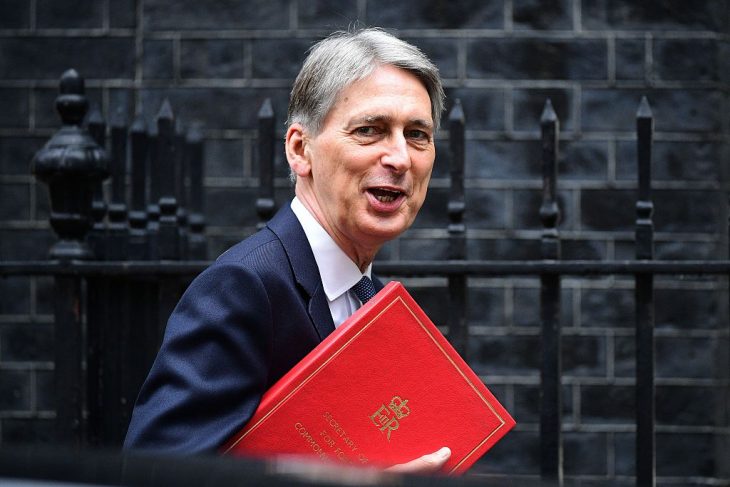George Osborne was famous in Westminster when Chancellor for laying large ‘elephant traps’ for Labour using Treasury policy. He was also famous for telling everyone all about how the trap worked and where it was, before falling into it himself.
When Philip Hammond came into the Treasury, it was largely accepted that the days of silly elephant traps were over. But this week the new Chancellor ended up locating one of the last of the Osborne elephant traps which had been lying dormant in the political jungle – and he located it by falling straight into it. The ‘tax lock’, which the Tories announced in the 2015 election campaign to put pressure on Labour over sneaky national insurance and other tax rises, ended up trapping the Tories themselves.
In his morning broadcast round, Hammond deployed a very strange argument about his plan to put up NI contributions. It blended an insistence that the Tories were not breaking any promise that they had made with an insistence that when the facts change, so should Treasury policy. ‘Circumstances have changed,’ he argued, adding that no Chancellor can rule out future tax changes. In this instance, both of these arguments cannot be true. And the point about not binding your successor was made by many in 2015 when the Tories protected their tax pledge.
Even though the Budget yesterday included measures to stop consumers being ripped off by ludicrous small print, it turns out that Hammond was relying pretty heavily on the small print of the tax lock pledge. He told the Today programme that the legislation made clear the specific groups that it related to – i.e. not the self-employed workers being clobbered today. Small print that is unlikely to save him from a damaging revolt on the Tory benches.







Comments